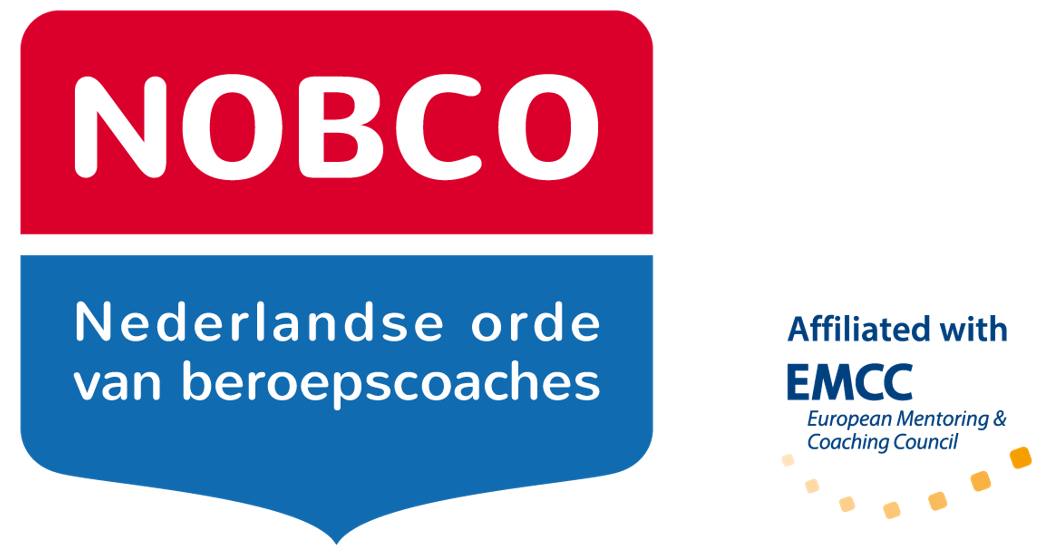Talking Trust
It was a couple of weeks ago when a coaching client told me that he trusted me completely. This remark took me by surprise. After all, we were just at the beginning of our coaching journey, and yet, this early declaration of trust felt right and also reassuring as building trust is the cornerstone of every coach’s work. Yet, it was also mystifying.
His comment made me pause and reflect on that delicate, intangible force we call trust. It’s like trying to grasp smoke with bare hands—ephemeral and elusive. It wasn't yet the time in our journey to seek feedback, so I found myself pondering in silence. Was it something I said or did? Or didn’t say or didn’t do? Perhaps it was something inherent in his situation or background that made him feel sufficiently secure to place his trust in me so soon?
My years in the corporate world have taught me the value of trust. In some positions, trust was like a spotlight on a stage; in others, it was a quiet undercurrent. For instance, as an audit manager, earning the trust of stakeholders who were not necessarily looking forward to an audit was top of mind. The challenge was to be like a lighthouse—reliable, guiding, and unyielding. As an HR leader overseeing an offshoring process fraught with redundancies, or as a line manager entrusted with nurturing individuals’ development, trust was the bedrock upon which my effectiveness was built.
I've also witnessed firsthand the devastating impact of a lack of trust in the workplace. It’s like a pebble dropped into a pond, sending ripples of dysfunction and disengagement through teams and individuals alike. The environment becomes a barren desert where collaboration withers and morale sinks.
My recent client experience has led me to revisit how I feel when there is trust and what I need for the seeds of trust to grow. In terms of how I feel, I feel like me. Simple as that! In terms of what I need, it’s less straightforward, and it shifts depending on the context or my own state of mind. However, three elements are always crucial: clarity, connection, and curiosity—the three Cs.
Clarity, in this sense, is like a clear, still lake reflecting an honest and open surface. It ensures transparency and reliability. Clear communication is the beacon that dispels the shadows of ambiguity, allowing others to see and trust you.
Connection is akin to the roots of a tree intertwining beneath the surface. It fosters empathy and loyalty. When we establish strong connections, we create a support network where understanding and emotional backing thrive, laying a solid foundation for trust.
Curiosity, meanwhile, is like a lantern illuminating the path to growth and understanding. It reflects a genuine interest in others and a commitment to learning. By showing a desire to understand and improve, curiosity builds bridges of reliability and reinforces trust.
What about you? What does trust mean to you? What qualities do you seek in a colleague or manager? What type of working environment do you need? How do you build and sustain trust in your professional relationships? How do you feel when trust is present in your environment?
Feel free to share your thoughts and experiences. Trust is the heartbeat of our lives, and understanding how to nurture and maintain it has a profound impact.
As Stephen R. Covey wisely said, “Trust is the highest form of human motivation. It brings out the very best in people.”







